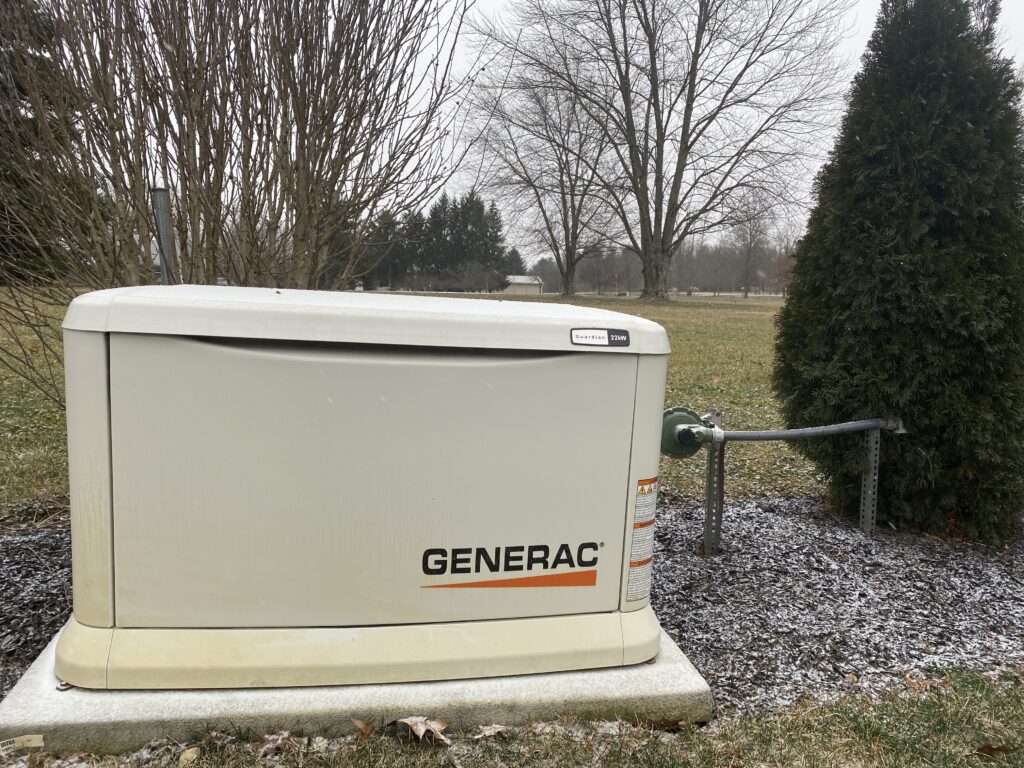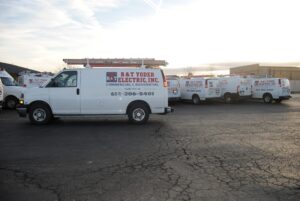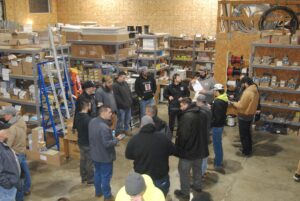
In this article, we will discuss how to determine the right size generator for your home. As you consider investing in a generator for your household, it is important to ensure that you choose the correct size to meet your needs. Yoder Electric, a trusted family-owned business with a history of quality service, can guide you through the process. With their expertise and professionalism, you can rest assured that you will have the right generator to keep your home powered during outages.
Trust Yoder Electric to provide you with the best solution for your home’s power needs.
Are you in the Market for a Generator for Your Home?
Hey there! Are you looking to purchase a generator for your home but feeling overwhelmed by the different sizes and options available? Don’t worry, I’m here to help you figure out the right size generator for your specific needs. Let’s dive in and make sure you have all the information you need to make an informed decision.
Understanding Power Requirements: What Size Generator Do You Need?
Let’s start off by figuring out what appliances and electronics you want to keep running during a power outage. It’s essential to understand your power requirements to determine the size of the generator you need.
List of Essential Appliances
Make a list of all the essential appliances and electronics in your home that you would like to power during an outage. This could include your refrigerator, lights, heating or cooling systems, and communication devices.
Estimating Wattage
Next, you will need to estimate the wattage each of these appliances and devices require to operate. You can typically find this information on the appliance’s label or in the user manual.
Determining Generator Size: Calculating Your Total Power Needs
Once you have a list of all the appliances and electronics you want to power during an outage and their respective wattages, you can calculate your total power needs.
Adding Up Wattages
Add up the wattages of all the appliances and devices on your list to determine the total power requirements of your household. This will give you an idea of the minimum size generator you will need.
Consider Starting Watts
Keep in mind that certain appliances, such as refrigerators and air conditioners, require more power to start up than to run continuously. Make sure to account for these starting watts when calculating your total power needs.
Choosing the Right Generator Size: Sizing Options
Now that you have determined your total power needs, it’s time to choose the right size generator for your home.
Generator Size Options
Generators come in a variety of sizes, ranging from smaller portable units to larger whole-house generators. The size you choose will depend on the amount of power your household requires during an outage.
Portable vs. Standby Generators
Portable generators are smaller and more affordable, making them a popular choice for powering essential appliances during short outages. Standby generators, on the other hand, are permanently installed and can power your entire home for an extended period.
Sizing Chart
Here’s a handy sizing chart to help you determine the right size generator for your home based on your total power needs:
| Total Power Needs | Recommended Generator Size |
|---|---|
| 3,000 – 5,000 watts | Portable Generator (3,000 – 5,000 watts) |
| 5,000 – 10,000 watts | Portable or Standby Generator (5,000 – 10,000 watts) |
| 10,000+ watts | Standby Generator (10,000+ watts) |
Importance of Professional Installation: Ensuring Safety and Performance
While you may have a good idea of the size generator you need for your home, it’s crucial to have it professionally installed to ensure safety and optimal performance.
Safety First
Improper installation of a generator can result in electrical hazards, carbon monoxide poisoning, and damage to your appliances. A professional electrician will ensure that your generator is installed correctly and meets all safety standards.
Performance Guarantee
Professional installation not only ensures safety but also guarantees the performance of your generator. An electrician will make sure that your generator is properly connected to your electrical system, providing reliable power during outages.
Additional Factors to Consider: Location and Fuel Source
In addition to the size of the generator, there are other factors to consider when choosing the right generator for your home.
Location of Generator
Consider where you will place your generator. Portable generators need to be positioned outdoors in a well-ventilated area, while standby generators require a concrete pad for installation.
Fuel Source
Generators can run on various fuel sources, such as gasoline, propane, or natural gas. Consider which fuel source is most readily available to you and fits your budget and preferences.
I hope this guide has helped you understand how to determine the right size generator for your home. By calculating your total power needs, considering generator size options, and focusing on safety and performance, you can find the perfect generator to keep your home running smoothly during power outages. If you have any further questions or need assistance choosing a generator, feel free to reach out to R & T Yoder Electric, Inc. for expert advice and service.







